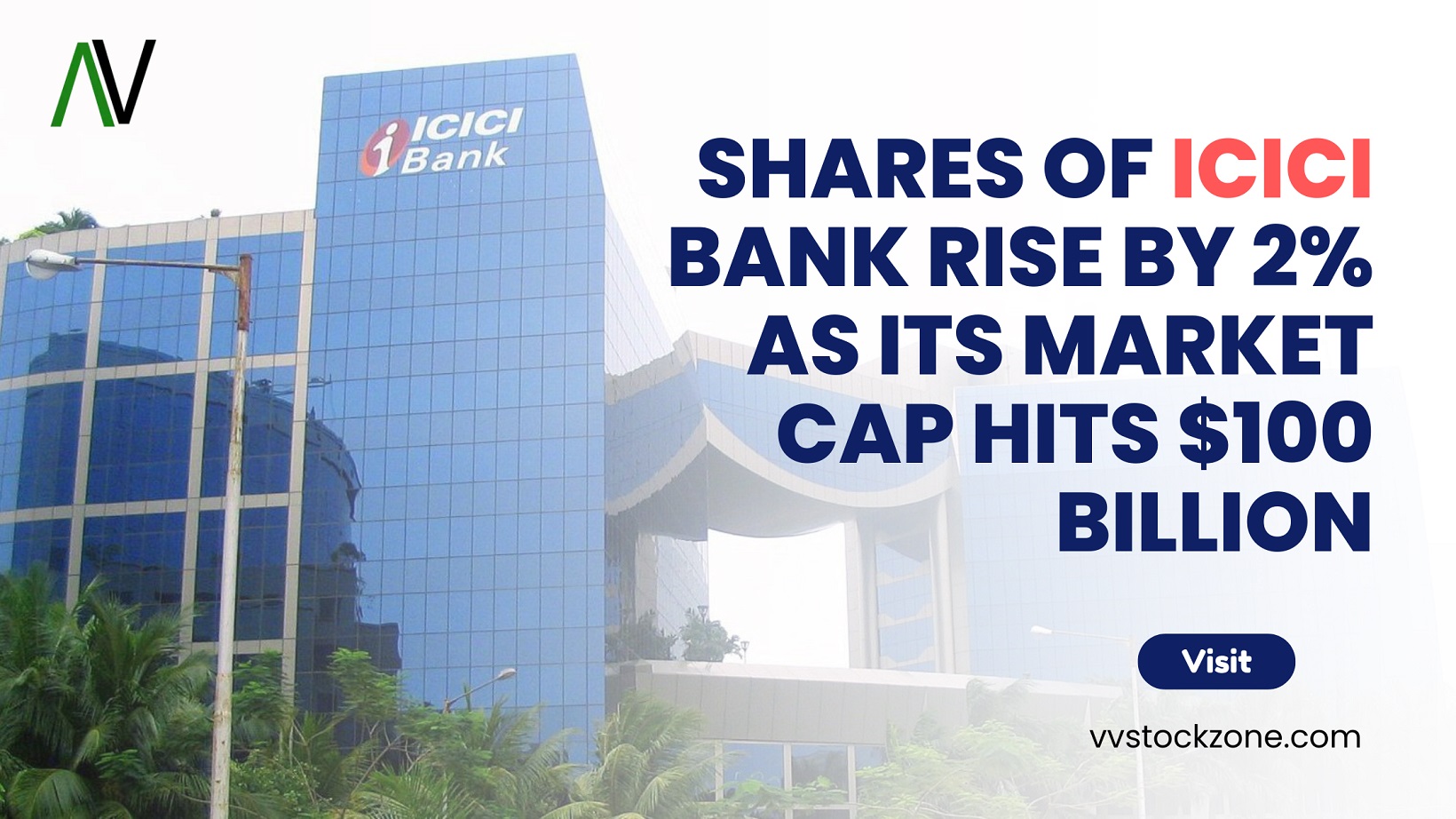The growing need for flexible workspaces results in an important change in the fast-moving world of commercial real estate in India. The rapid rise of flexible workspaces across the country has displaced the traditional office sector as people adjust to new modes of work fueled by remote capabilities and flexible office solutions.
According to a recent Avendus Capital report, the market for flexible workspace is expected to grow rapidly, with estimates of a staggering 126 million square feet by 2028, up from 61 million in 2021. The increasing adoption of asset-light office expansion strategies and policies allowing remote work are contributing to this surge, which signals an important change in the way businesses view and use office space.
The rise of flexible workspaces, which are expected to increase their market share from 7% to 12% over the next five years, highlights an important reorganization of the commercial real estate sector. This development not only mirrors the changing requirements for modern businesses, but it also offers investors from a variety of backgrounds, including venture debt, growth capital, and private equity, a profitable opportunity.
The managing director of Avendus Capital, Prateek Jhawar, explains this unique development by stating, “We are witnessing a broad shift towards flexible and modern office solutions as more enterprises explore remote workplace policies.” In the whole commercial office market, flexible workspaces’ share is only increasing.”
Leading companies in the flex workspace space segment include WeWork India, IndiQube, Smartworks, Table Space, and Awfis. They provide a range of co-working spaces and managed offices that are customized to meet the various requirements of modern businesses.
Awfis’s upcoming initial public offering (IPO), sponsored by well-known investors like Peak XV Partners and ChrysCapital, marks an important turning point for the flex workspace market in India. If this IPO goes through as planned, it will be the first flex workspace operator to go public in the nation, highlighting the maturity of the industry and investor confidence.
While the industry has shown adaptability in the face of the pandemic of 2020, operators of flexible workspaces still face significant challenges in obtaining prime real estate at competitive rental rates in major cities’ central business districts. However, the steadfast need for adaptable workspaces goes beyond traditional office settings and is felt by a variety of businesses, from big names to small startups.
Flex workspace operators have the opportunity to profit from this revolutionary change as the center of economic activity shifts towards metropolitan hubs, meeting the changing needs of an active workforce. The future is very promising for flex workspace operators who are positioned to transform the commercial real estate market in India, as private equity investors are growing more optimistic about the sector’s prospects.
In summary, India’s commercial real estate ecosystem is entering a new era of flexibility and adaptability with the rise of flexible workspaces. Inspired by innovation and the demands of remote work, this game-changing movement highlights the strength and energy of the Indian economy and sets the stage for a time when office spaces will be dominated by adaptability and flexibility.
Also Read: Indian IT stock market collapsed like a pack of cards




